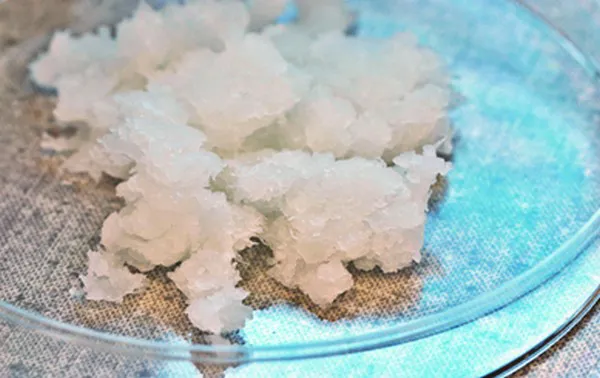Empa and Lidl Switzerland have jointly developed a cellulose protective coating for fruit and vegetables. The novel coating is made from so-called pomace – squeezed fruit and vegetable peels. The innovative project can reduce packaging and prevent food waste.
Plastic packaging in grocery stores protects fruits and vegetables from spoilage, but also creates significant amounts of waste. Together with the retailer Lidl Switzerland, Empa researchers have now developed a protective cover for fruit and vegetables based on renewable raw materials. For this project, Lidl chose Empa as a partner because Empa had decades of research experience with cellulose products.
Keeping fruits fresh at home
In Empa's Cellulose & Wood Materials laboratory, the researchers then spent more than a year developing a special protective cellulose coating that can be applied to fruits and vegetables. The result: Coated fruits and vegetables stay fresh significantly longer. In tests, the shelf life of, for instance, bananas was extended by more than a week. This significantly reduces food waste. "The big goal is that such bio-coatings will be able to replace a lot of petroleum-based packaging in the future," says Gustav Nyström, head of the Empa lab.
 The cellulose material is extracted from squeezed fruit and vegetable peels. Image: Manifesto Films, Lidl Schweiz
The cellulose material is extracted from squeezed fruit and vegetable peels. Image: Manifesto Films, Lidl Schweiz
Throughout the country
In summer, the highly promising preliminary study, which has been ongoing since 2019, was successfully completed and the main study launched. The cellulose layer developed at Empa will be tested and further improved over the next two years together with Lidl Switzerland and a fruit and vegetable supplier. The project is supported by Innosuisse, the Swiss innovation agency. The aim is for the new technology to be used in all 150 Lidl stores throughout Switzerland following the successful main trial.
For more information: empa.ch
